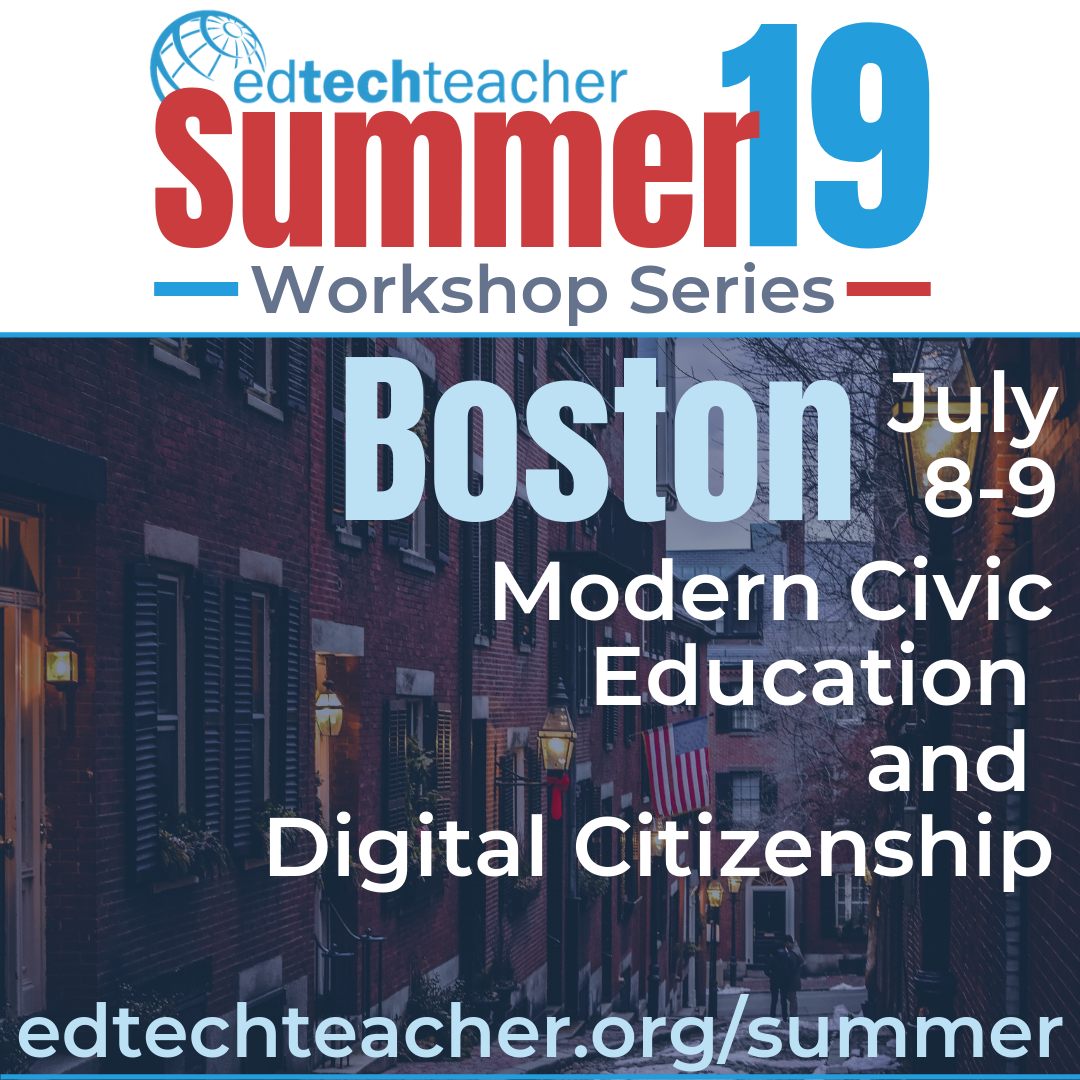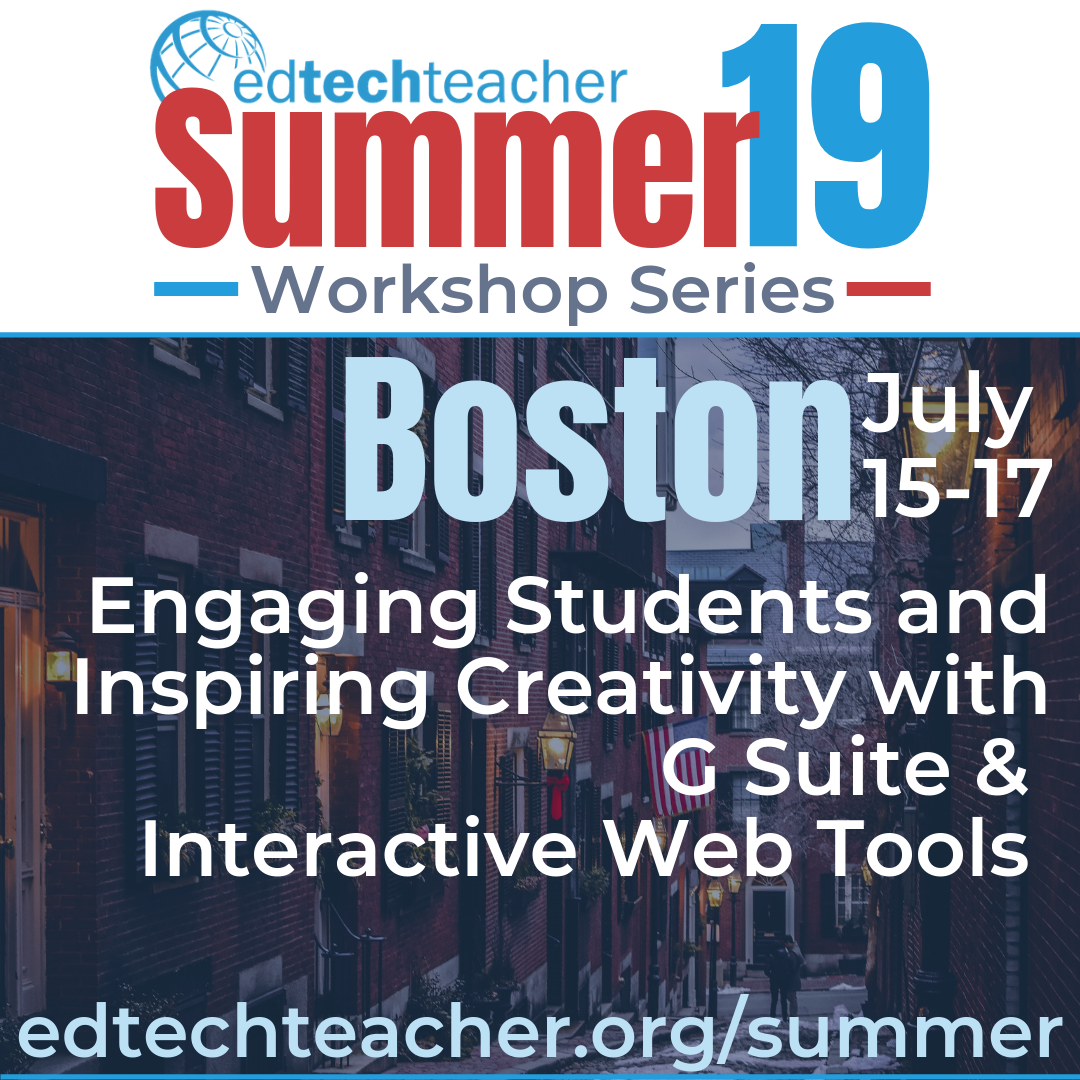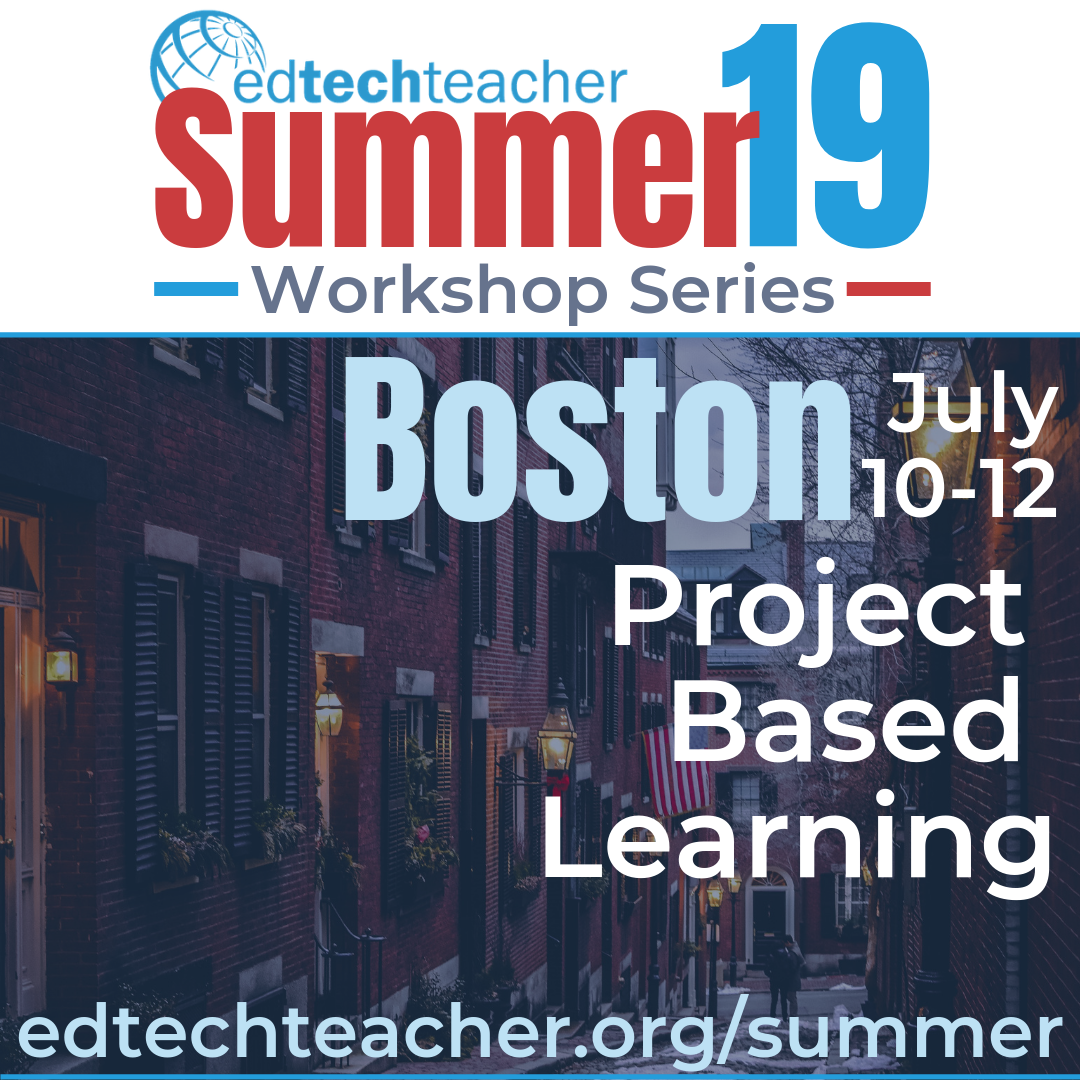Originally posted here on the EdTechTeacher blog.
A core element of personalized learning involves tailoring students’ path and pace to their specific needs and interests. This practice is often coupled with the overarching philosophy of mastery learning, sometimes referred to as competency-based education. One of the most effective ways to personalize the path and pace of student learning is to build a strong foundation of competency based learning in your classroom or institution. Schools that have a strong grasp of student competencies and learning targets, along with clear protocols for students to demonstrate mastery of these competencies, have had much success in designing personalized pathways for students that provide more flexibility regarding student progressions.
Although many educators and schools are interested in opening up the path and pace of student learning, making this shift can be challenging. Decades of institutional structures, norms and culture can work against mastery learning, but it can be done. Below are key resources to learn about the underlying philosophy of mastery learning along with practical examples of what it can look like in practice.
Key Resource 1:
What Is Competency Education? (iNACOL)
“A competency education system enables personalized learning by opening the system to allow multiple pathways for demonstrating what a student knows and can do.”
In this article, iNACOL makes that case that personalized learning environments that tailor the path and pace at which students progress must be grounded in competency-based learning. They also provide a clear definition of “Competency Education” and justify why this approach, as opposed to time-based systems of advancement, is a more student-centered approach that enables personalized learning to thrive.
Key Resource 2:
Video: Competency Education and Personalized Learning (KnowledgeWorks)
“In a competency-based learning environment, students, parents, and educators have a shared understanding of the knowledge and skills each child is expected to learn. How they get there is personalized to their needs and interests, and they can make choices for how they demonstrate what they’ve learned.”
This video describes how traditional grading systems based on letter grades and averages enable students to progress while still lacking key skills, learning gaps which can grow over time. They then highlight competency-based education as an alternative in which students do not advance through the curriculum until they have demonstrated mastery of the concept or skill.
Key Resource #3: Capacity Matrix (Lindsay High School, LUPS, California) (Document Link Here)
Lindsay Unified Public Schools (LUPS) has gained national attention for its emphasis on personalizing the path and pace at which all students learn. To help support learners in this environment, educators created this “capacity matrix” that helps students manage their progress throughout a unit or course. More specifically, the matrix helps learners understand which competencies are being developed and which activities and assessments align with them. The example provided above is from an ELA course.
You can learn more about LUPS and their approach to personalized learning here. https://practices.learningaccelerator.org/see/lindsay-high-school
Key Resource #4: Charlotte-Mecklenburg Personalized Pathways - Curriculum Samples
The Charlotte-Mecklenburg District’s personalized learning initiative focuses on providing students with choice regarding which path they will engage in to demonstrate proficiency of standards. Another aspect of this approach is that students must demonstrate mastery along with student led conferences before advancing to the next phase of the pathway. Above are examples of curriculum pathways for math and ELA courses. Learn more about CMS’s personalized learning work here: http://pl.cmslearns.org
MORE TO EXPLORE
For those taking a deeper dive into mastery learning and competency-based education, check out the high quality courses, toolkits, articles and whitepapers below.
Competency-Based Education: The Why, What, and How (edX)
In this free edX course, instructor Justin Reich and the MIT Teaching Systems Lab team lead educators through an overview of competency-based education in schools: presenting ideas, inspiration, strategies, and challenges.
Competency Based Education Toolkit (Digital Promise)
This quality video series shares lessons learned by schools at varying points of implementation in their competency-based learning journey.
Moving Towards Mastery: Growing, Developing and Sustaining Educators for Competency-Based Education (CompetencyWorks)
This in-depth report provides practical examples of competency-based education in action through a series of case studies from exemplary schools around the nation.
Model Schools, Districts, Networks and States for Competency-Based Education (Getting Smart)
This article features a comprehensive collection of schools, districts, and networks that are leading the way in mastery learning and competency-based education.
3 QUESTIONS TO CONSIDER
As I have had years of experience implementing mastery learning in my own classroom, as well as several more helping others explore the concept in their own classes and schools, the following important questions almost always arise. Addressing each is beyond the scope of this post, but consider these regardless of what point you are at in implementation as clarifying a viewpoint on these can help ensure effective communication to stakeholders throughout the process.
Which technologies can help enable and enhance mastery learning for my students? (Some ideas here.)
Can mastery learning and project-based learning coexist? (A friend and former colleague Brian Germain suggests mastery is inherent to PBL…)
How can we ensure students are learning collaboratively and socially in a mastery learning context?
Good luck with your explorations of mastery learning & competency-based education, please reach out at any time with questions, suggestions, or stories to share!
——————-
You can join me and other EdTechTeach instructors during this year’s Summer Workshop Series in Chicago and Boston! More info here: edtechteacher.org/summer/




